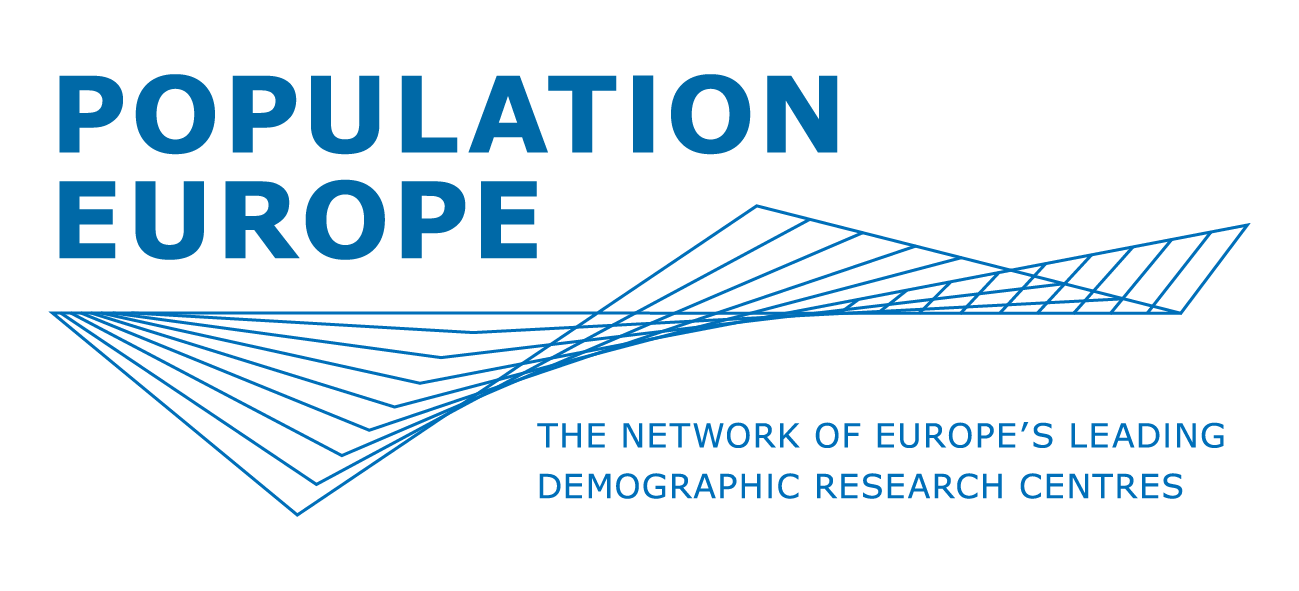Research Projects
Political, Social, and Cultural Narratives of Demographic Change. This international research project will examine the processes, discourses, and main features of ageing and demographic changes, using multidisciplinary and comparative research methods in Bulgaria, Serbia, Romania and Hungary. MORE
The Cohort ’18 - Growing Up in Hungary is a large-scale longitudinal survey initiated by the Hungarian Demographic Research Institute, with the objective to provide a comprehensive overview of children growing up in Hungary, and the influencing factors. The research is financed within the framework of the EFOP 1.9.4. – VEKOP-16 invitation, issued by the Hungarian Ministry of Human Capacities and the European Union. MORE
SEEMIG is a strategic project funded by the European Union’s South-East Europe Programme. The project aims to better understand and address longer term migratory, human capital and demographic processes of South-East Europe, as well astheir effects on labour markets, national and regional economies. The main goal of the project is to empower public administrations to develop and implement policies and strategies by using enhanced datasets and empirical evidence. MORE
The HDRI belongs to the founders of Generations and Gender Project, which includes a longitudinal panel survey (GGS) and a contextual comparative database and aims at analysing the causes and consequences of present-day demographic changes in Europe. Since 2009 the EU supports establishing a research infrastructure for GGP and the further development of the programme. Together with ten other European institutes, the HDRI also participates in this project. The Hungarian part of the GGS is the Turning Points of Life Course program. MORE
The MOSAIC project aims at recovering remaining census micro-data in order to reconstruct the population, economic, and cultural history of continental Europe. Besides integrating wellknown, elaborated and already analysed sources, the planned data-base will rely on lesser-known and non-utilised or newly discovered censuses. The project focuses first of all on continental Europe, particularly on the ‘white spots’ of historical demographic research, e.g. on the Central and Eastern parts of the continent. MORE




